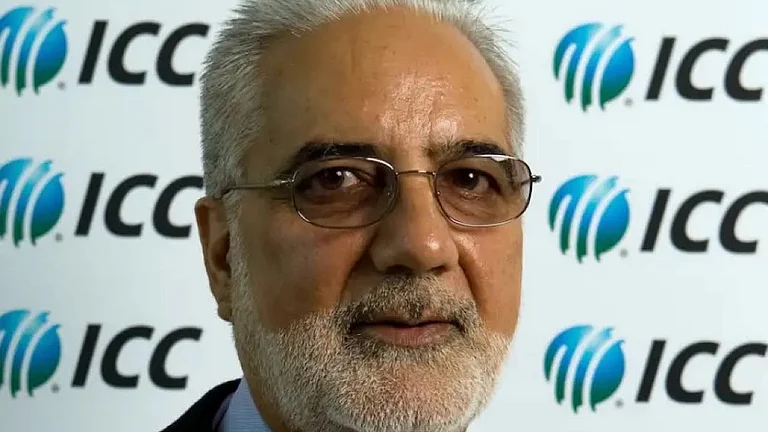The race to develop the most advanced AI is heating up, with major players like OpenAI, Anthropic, Meta, and Google all vying for the top spot. OpenAI kicked things off with its release of GPT-4, which raised the bar for AI technology. Now, the buzz is all about GPT-5, OpenAI's next big leap.
GPT-5 is set to be a significant upgrade from GPT-4. Analysts like Hamish Low from Enders Analysis believe that if OpenAI can deliver on its promises, GPT-5 could be a game-changer for both the company and the broader tech landscape. However, they also caution that failing to meet expectations could have serious consequences for OpenAI, especially with so many deep-pocketed competitors in the mix.
What Will GPT-5 Bring To The Table?
GPT-5 is expected to be more powerful than its predecessors, but how much of a difference will it make? Some potential users are cautiously optimistic but not entirely convinced.
Jake Heller, CEO of Casetext, a company using AI to assist lawyers, is already using GPT-4. For him, upgrading from GPT-3 to GPT-4 was a huge step forward, like moving from high school to college. He anticipates GPT-5 will be more like a shift from college to a PhD program—better, but not necessarily revolutionary.
Heller hopes GPT-5 will handle complex, multi-step tasks more effectively. Right now, AI models sometimes struggle with tasks that involve multiple stages, such as analyzing legal documents. If GPT-5 can improve in this area, it might significantly increase its value in legal and other professional fields.
What About Its Size And Capabilities?
Heller also expects GPT-5 to have a larger "context window," meaning it will be able to process and understand more extensive text blocks at once. This could be particularly useful for reviewing long legal documents or integrating various types of media like audio and video.
There is growing interest in AI that can handle multimedia tasks. For instance, Heller noted that customers are asking for AI to analyze police bodycam footage or CCTV footage, which would be a valuable addition to GPT-5’s capabilities.
Is It Worth The Cost?
While GPT-5 is likely to offer improved technology, the big question is whether it will be worth the investment. Hooman Radfar, CEO of Collective, an AI platform for entrepreneurs, is weighing the cost against potential benefits. Radfar's team has seen their own AI models outperform GPT-4 in some tasks, but they are eager to see if GPT-5 can deliver better results and explain its reasoning more clearly.
Radfar is also considering the cost-effectiveness of GPT-5. With AI companies increasingly competing on price, he wants to ensure that the new model’s benefits justify the expense.
As AI technology continues to evolve, the next few months will reveal whether GPT-5 can live up to its hype and what impact it will have on the future of artificial intelligence.













.png?auto=format%2Ccompress&fit=max&format=webp&w=376&dpr=2.0)













